STORY
Sisters in Support: Mayan Mothers Take Care of One Another
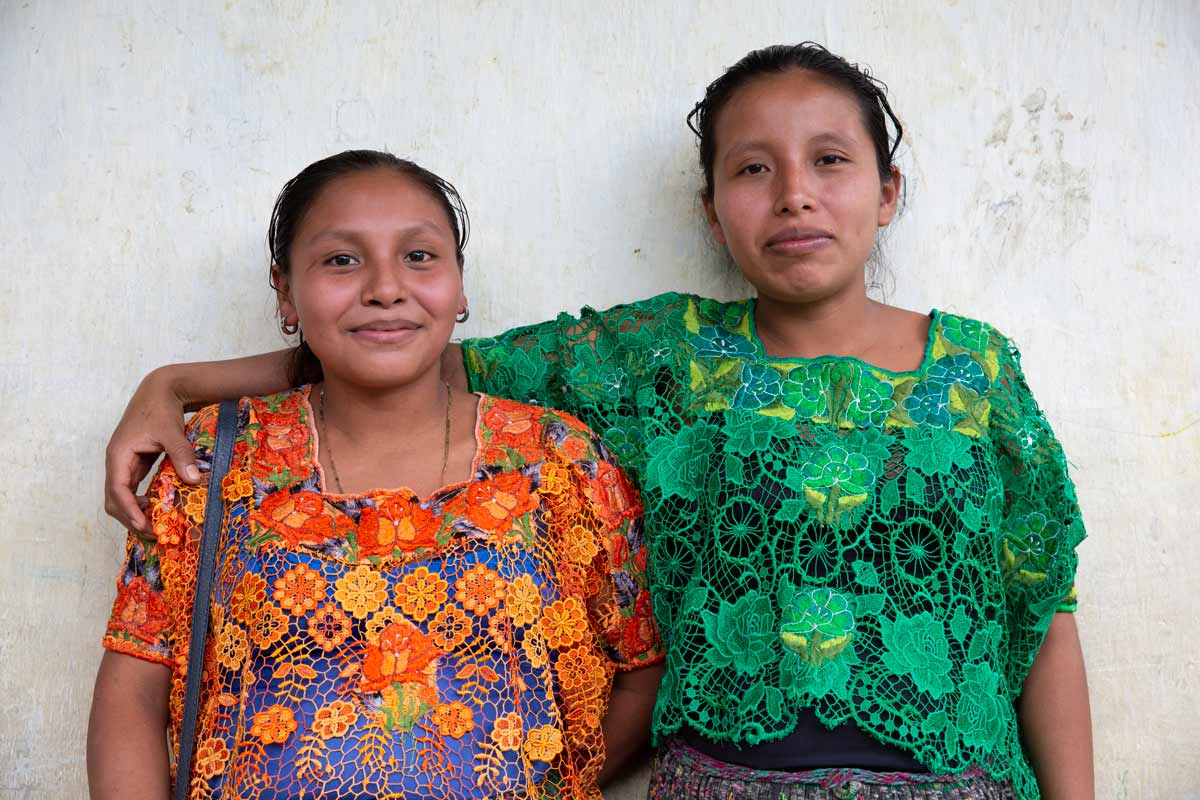
Marina and Maria showed up at the community health clinic in Guatemala’s Sierra de Santa Cruz mountains side-by-side. It was clear from their interactions that the two shared a special bond and their children spend a lot of time together.
They are both parenting young children; Marina, (18) is raising two toddlers, with a baby on the way, while Maria has two children, Edin (2) and Eugenia (6). Edin’s attempts to learn harmonica keeps his family laughing, while Yolanda, Marina’s eldest, often carries her baby doll in tow. Maria shared that she wants to ensure her children are healthy so they can pursue education and have successful careers one day. Cutting up some watermelon to share, the mothers took turns tending to each other’s children while receiving health services.
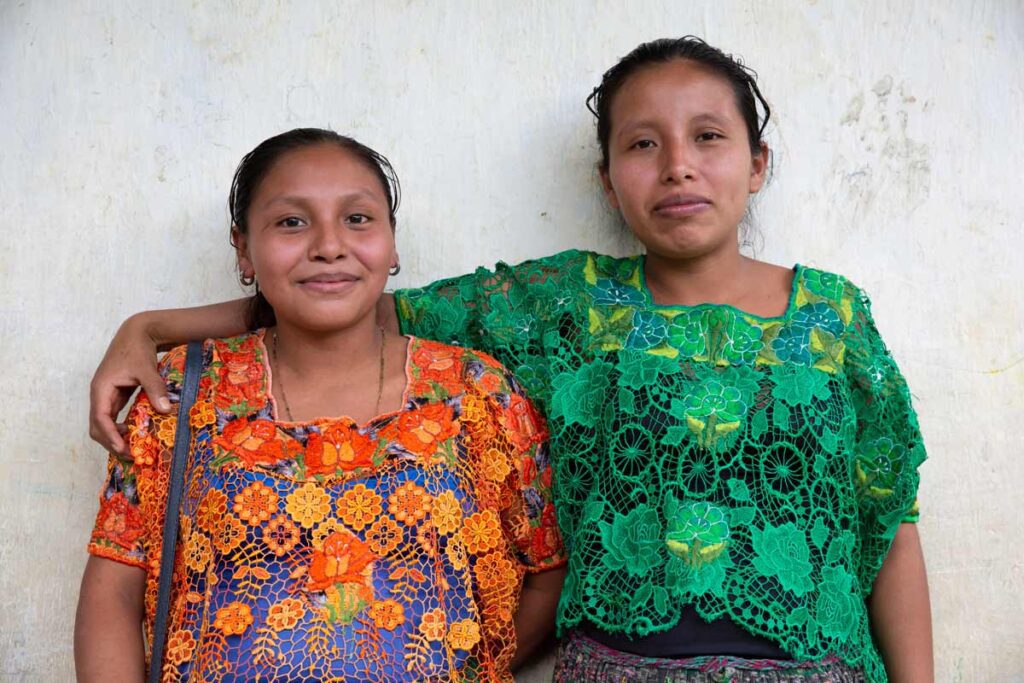
Nohemi and her family are part of the Mazahua Indigenous community, which sits adjacent to one of the largest Monarch butterfly reserves on the planet. The butterflies, like maize, carry spiritual meaning and play an important role in the residents’ everyday lives.
Life in remote communities like this is often difficult as food, water, healthcare, and education are limited. Many of the Mayan men have to leave to work in the sugar, coffee, or vegetable plantations for months at a time to provide income for their families. Women, in particular, may have limited agency over their futures beyond mothering children and taking care of the home, sometimes at a very early age.
According to UNICEF, Guatemala has the fifth highest prevalence of child marriage in Latin America and the Caribbean. This means 29% of Guatemalan girls marry or enter a union before the age of 18.1
Support during pregnancy is so important, particularly for Indigenous women, as they must navigate cultural expectations and situational barriers on top of dealing with all of the challenges of pregnancy and motherhood.
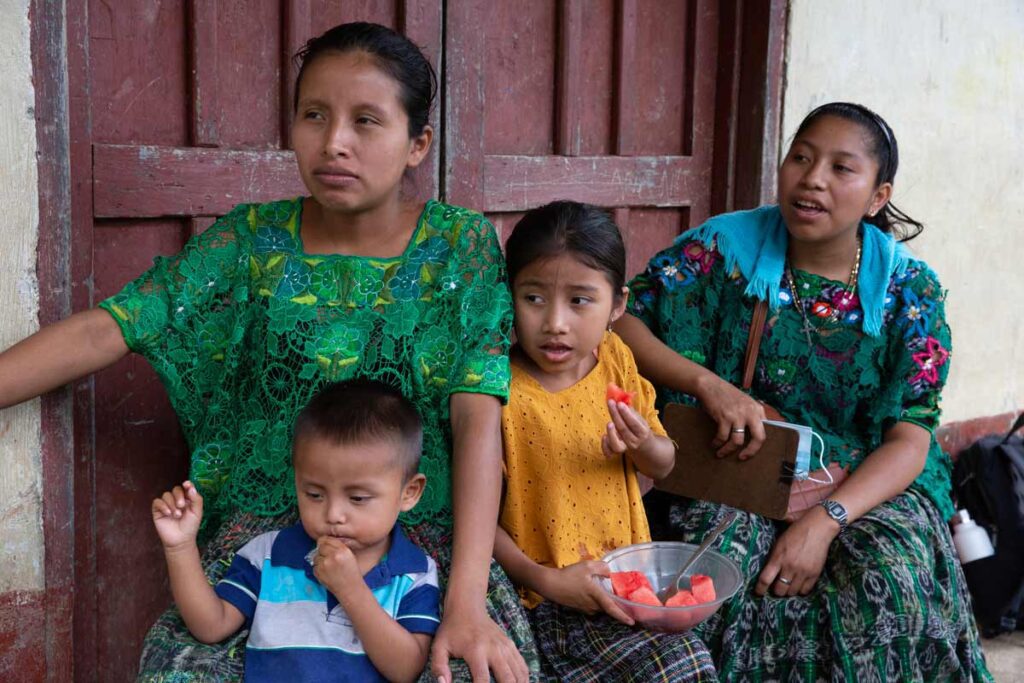
Maria, her children, and her friend, Filomena, sitting on a bench together.
Social support during pregnancy contributes to improved prenatal and neonatal health outcomes, and reduces stress and risk of substance abuse, especially among vulnerable populations.
– Dr. Jillian Emerson, Ph.D., Vitamin Angels
Fortunately, the women in the Guatemalan highlands are coming together to create a support system including relying on their cultural strengths like the community Comadronas to help make life a little easier.
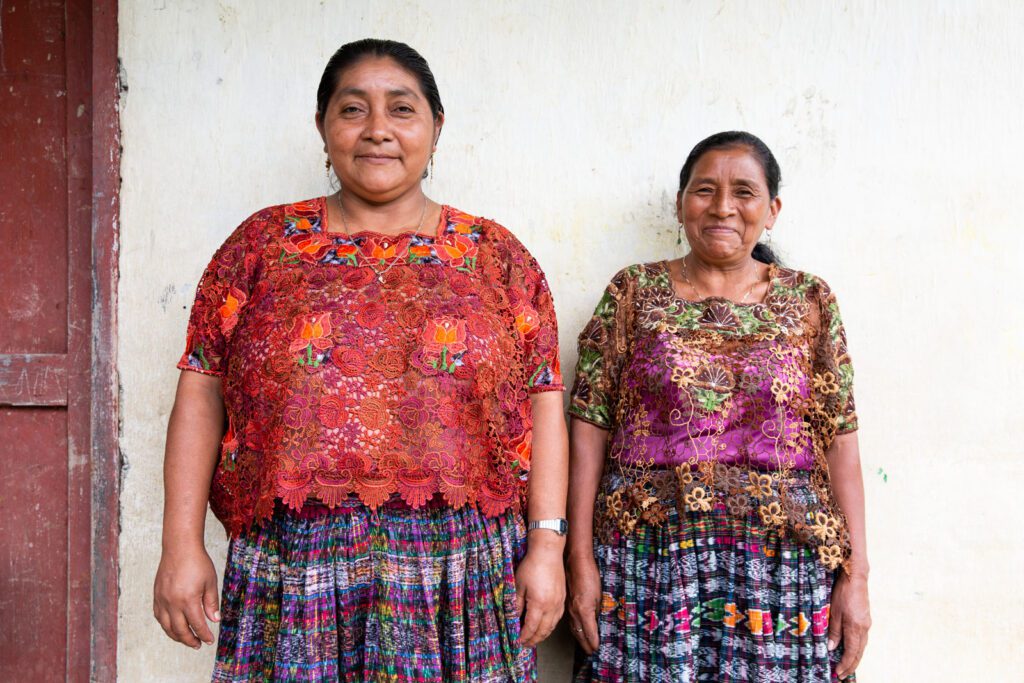
Angelina (left) and Rosaria (right)
Angelina and Rosaria have worked together as Comadronas in Guatemala’s Sierra de Santa Cruz mountains for over 20 years. The traditional midwife’s role is to support pregnant women from preconception to postpartum. With hospitals hours away, often the Comadronas are the only healthcare workers within the community. Angelina and Rosaria advocate for their role within the health system and support the mother-to-be with nutritional education, labor, and guiding her into motherhood, similar to a doula in Western culture. The role is a highly respected one, elected by the community, these women holding the position are considered spiritually superior and often pass down the title through generations.
Vitamin Angels partners with Guatemala Village Health to provide proven nutrition solutions that support the first five years of life from pregnancy through age five.
Read more: https://vitaminangels.org/2023/06/07/improving-mayan-lives-in-guatemala/
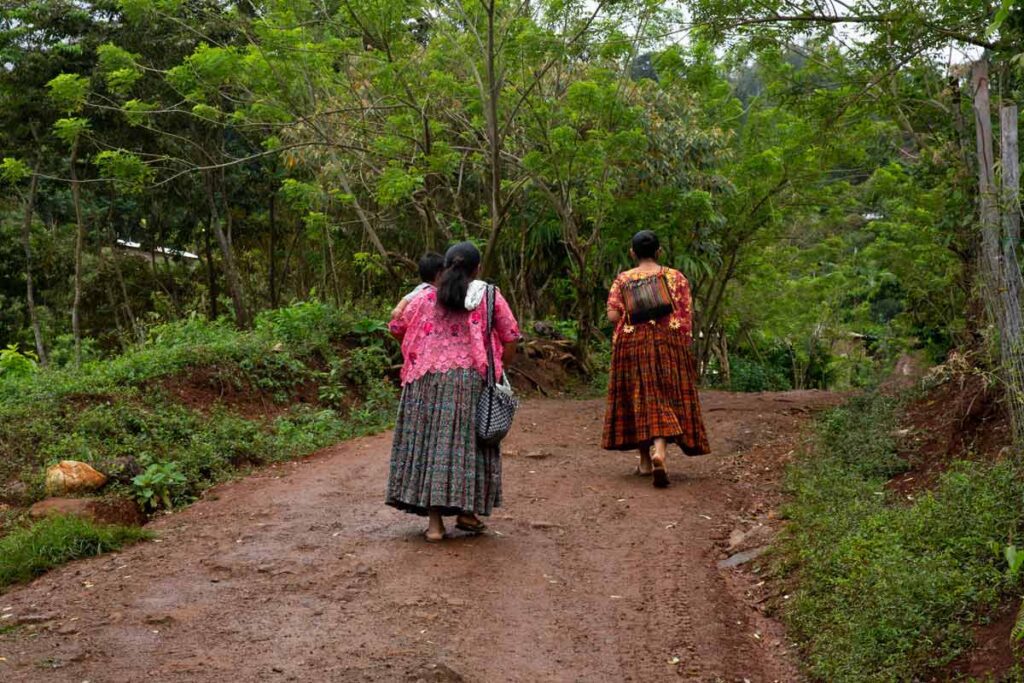
1 https://www.unicef.org/lac/media/8256/file/Profile%20of%20Child%20Marriage%20in%20LAC.pdf
